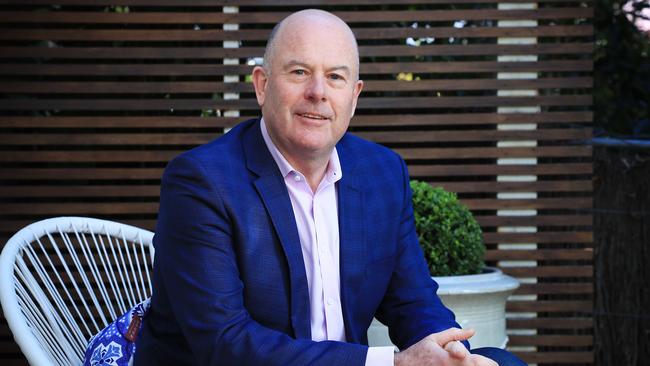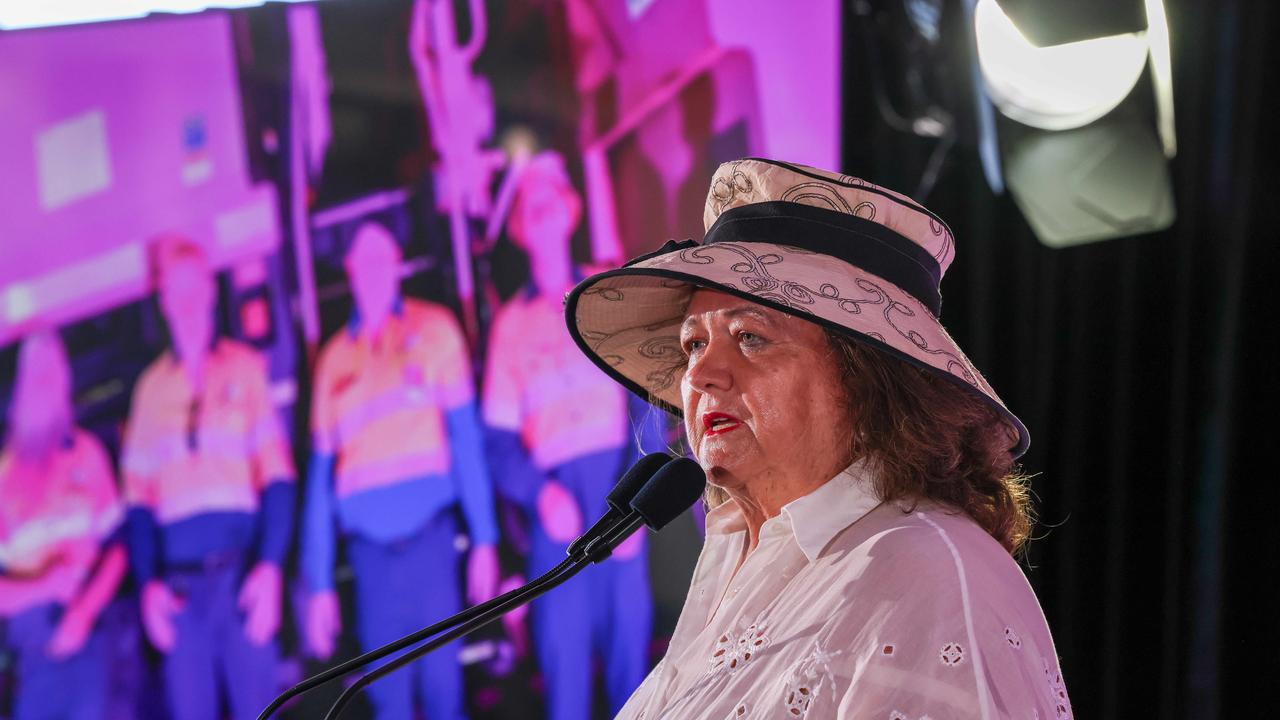Selling climate change strategies a tough ask on CEOs, KPMG study finds
Chief executives are facing greater pressure from investors to sell their green credentials, according to a global survey from accounting firm KPMG.

Climate change has been branded the biggest challenge of our times and for chief executives, articulating exactly what they are doing about it is just as challenging, according to a new survey.
ESG (environmental, social and governance) issues are dominating most of the headspace of corporate leaders, according to KPMG’s latest global survey of CEOs.
And it’s no wonder. Investors are increasingly demanding greener credentials – just look at how one of the US’s biggest pension funds, California State Teachers’ Retirement System, helped successfully advocate boardroom change at ExxonMobil in an effort to make the multinational energy behemoth confront climate change.
But according to KPMG’s survey, 42 per cent of the world’s CEOs, and 36 per cent of Australia’s bosses, “admitted they were struggling to articulate a compelling ESG story to their stakeholders”.
“That’s always interesting to me,” said KPMG Australia chief executive Andrew Yates.
“Thirty-six per cent is a lower percentage in terms of some of the things we see, but it’s evidence that people understand the importance of having that really clear narrative but quite a decent number are struggling to get that clarity.”
As investors nip at the heels, 70 per cent of Australian CEOs say they are facing greater demand for ESG reporting and transparency.
And in the world’s biggest economy the US has taken this to another level with Coca-Cola now able to pinpoint the exact amount of carbon emissions – from farm to bottler – that go into a one litre bottle of coke, which is 771 grams to be precise.
So, does- believe Will Australian companies will follow suit?
“I guess you could join those dots,” said Mr Yates, who was appointed KPMG’s chief executive two months ago. “70 per cent are feeling that pressure from investors and regulators and even their own people, so you would say it’s logical that there’s going to be more demand for that laser focus moving forward. Absolutely.”
Mr Yates said pressure was common, particularly among bigger funds that need to build a portfolio around ESG compliant investments.
“Seventy per cent of CEOs really feel in increasing demand for ESG transparency, so you can get a feel that ESG and purpose are right at the top of the agenda.”
The KPMG survey – of 1300 CEOs across 12 countries – found 84 per cent of Australian chief executives and 75 per cent of their global counterpart say the UN Climate Change Conference in November must “inject necessary urgency into the climate debate”, underscoring that demand to demonstrate green credentials.
Furthermore, 77 per cent of bosses want another stimulus package from the government to “turbo charge business climate change investments”.
Mr Yates said the rise of “stakeholder capitalism” was further demonstrated by 64 per cent of chief executives saying their main objective was to embed their purpose into everything they do in order to create long-term value for all stakeholders.
He said about 86 per cent of local CEOs believed that corporate purpose was a “critical part of employee value proposition”. Employees wanted to feel their work was making a difference.
Purpose was not just about creating a cheeky slogan but providing opportunities for employees to achieve it, imbuing it with meaning not empty sentimentality.
“The young people that join us now are much more focused on wanting to make sure that they, the firm they work for and the work they do has an impact which is greater than just delivering a technically sound piece of work,” he said. “We have to respond to that and deliver that.”
The survey also found that overall confidence levels had bounced back to pre-pandemic levels, with 80 per cent of Australian CEOs believing their company or sector will record growth in the next three years. Cyber security was also front of mind, with 78 per cent of bosses saying they had plans to combat ransomware attacks.
“In the post-pandemic era, successful CEOs will be those that can connect a trusted purpose with digital agility – and it is encouraging to see that 84 per cent of Australian CEOs are on the right track, saying that their digital and ESG investment are inextricably linked,” Mr Yates said.
“While the Covid-19 era has turbocharged many companies’ investment in digital, it is notable that 82 per cent acknowledged that the current pace of digital transformation during the pandemic is not sustainable without first addressing burnout among their workforce. Staff welfare and mental health must be paramount.”








To join the conversation, please log in. Don't have an account? Register
Join the conversation, you are commenting as Logout